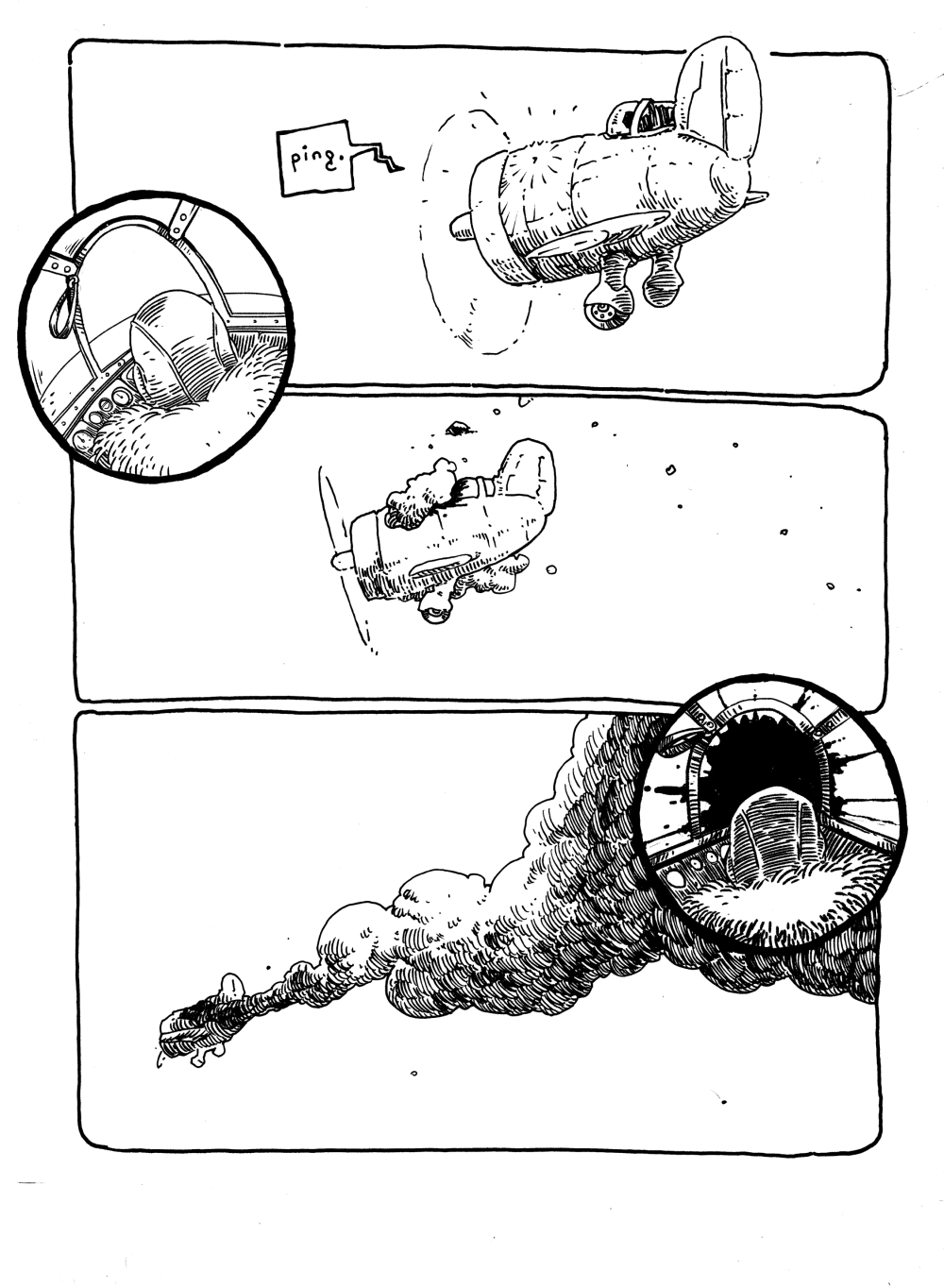Greetings, Wonketeers! I’m Hooper, your bartender. And I am on vacation, as of right now! As you are reading this, I’m on the road to Harveysburg, Ohio. Tomorrow I’m spending all day at the Ohio Renaissance Faire, dressed as a pirate, drinking rum, watching shows, buying cool things, and generally having a blast. I’ve been working hard all year long, and I need to recharge. I’m going to make it easy on myself and write about my favorite cocktail of all time — a Mai Tai — and relax over the weekend. Here’s the recipe.
House Mai Tai
2 oz Hamilton 86 Rum
1 oz fresh lime juice
1 oz house orgeat
1 oz Ferrand Dry Curacao
Shake all ingredients over ice. Strain into a mai tai glass over ice and garnish with a lime wheel, cherry, and mint sprig.
House Orgeat
1 cup unsweetened almond milk
2 cups white sugar
¼ t orange blossom water
¼ sea salt
Place all ingredients in a small saucepan. Simmer over low heat until the sugar has completely dissolved. Pour into a sealable bottle and refrigerate. Keeps indefinitely.
I’ve written about the Mai Tai many, many, many, many times in the past. There’s a reason for that. It’s my favorite cocktail of all time. It might not be the best cocktail in the world, but it’s pretty darn close. If I could only drink one cocktail for the rest of my life, this would be the one. I love rum passionately, and this drink is designed from the ground up to celebrate my favorite spirit.
The history of the Mai Tai is a tiki legend. As the story goes, Trader Vic was working late at the bar with some Polynesian friends, trying to find a good recipe for a bottle of 17-year-old Wray and Nephew rum that had fallen into his possession. He shook up the original Mai Tai and handed it to his friend, who exclaimed, “Mai tai!” —Polynesian for “you nailed it!’ The original 17-year-old rum is long gone, but Mai Tai enthusiasts have used a blend of excellent rums to recreate the original.
Mai Tais and margaritas are kissing cousins. If you squint your eyes and look at both recipes together, you can see how each ingredient replaces the other. Rum for tequila, curaçao for triple sec, lime juice, orgeat for agave syrup — it makes sense, kinda. It’s a useful analogy for bartenders. The margarita is the most popular cocktail in America; if you’re behind the pine, you’ve cranked out dozens by now, and you understand how to make one tarter, sweeter, or more spirit-forward for a given customer. Mai Tais are no different. The recipe I’ve provided is pretty balanced, but if you prefer a sharper, sweeter, or more rum-laden Mai Tai, it should be easy to tweak the recipe to your tastes. (It’s worth noting that Vic put a tequila version of the Mai Tai on the menu in the ‘70s, called the Pinky Gonzales.)
Unfortunately, modern pop culture seems to think that a “mai tai” is any sort of sweet rum and fruit juice combination, which results in some … interesting drinks. Captain Morgan is currently selling a canned (rumless) “Mango Mai Tai,” and a few cans of (coconut water flavored?) Cutwater Tiki Mai Tai cocktails are lurking in my pantry. I swear that the local hibachi joint once served me a “Mai Tai” with none of the original ingredients, up to and including the rum. Drink the original. Make it yourself. I’m on vacation. You deserve a treat.
Let’s talk ingredients:

Hamilton 86 Rum: My favorite rum of all time. Use your favorite. I’ve seen recipes for the Mai Tai that use no less than four different rums, including Smith and Cross, Plantation OFTD, and other rums I’d love to have in my liquor cabinet. An unaged Jamaican rum like Probitas would be great. If you’re using Bacardi, dial up the other ingredients and push the rum into the background a touch. Don’t use Captain Morgan. Please. I’m begging you.
Fresh Lime Juice: It is proving absurdly hard to get good limes in my corner of the world. Tiny, dry, juiceless limes are all too common. Look for a lime that’s the size of a decent lemon that isn’t rock hard to the touch.
Orgeat: It’s pronounced “Orzeat,” like Zsa Zsa Gabot. I can order some good almond syrups online, but they’re expensive and a pain in the butt to have delivered. This grocery-store version of the cocktail ingredient works just fine.
Ferrand Dry Curacao: This curacao is less sweet than Grand Marnier, which lets other flavors in the drink come forward. Use Grand Marnier in a pinch, but dial back the orgeat to compensate.
My home bar is Hemingway’s Underground, the hottest cocktail bar in pretty little Medina, Ohio. I’m behind the stick Wednesday-Saturday, 4-10. Last call’s at midnight. Swing on by and I’ll make a drink for you… or anything else from our little Happy Hour here at Wonkette.
OPEN THREAD!


 I am not a gun person in one sense: I don’t own real firearms, I don’t want to own real firearms, I don’t want to ever shoot at anyone even in self defense. I am, however, fascinated by the mechanical engineering of handguns. Just handguns — I don’t really care about long arms. This has long been the case with me — as a kid I owned models of real handguns with working action and realistic disassembly procedures. And I’ve always been amazed at how many auto-loading firearms are basically just held together with spring tension. They enclose and utilize an explosive force to engage a mechanical action that reloads and re-cocks the weapon and yet they are held together by almost nothing. Push a bit here, flip a lever, and they come apart.
I am not a gun person in one sense: I don’t own real firearms, I don’t want to own real firearms, I don’t want to ever shoot at anyone even in self defense. I am, however, fascinated by the mechanical engineering of handguns. Just handguns — I don’t really care about long arms. This has long been the case with me — as a kid I owned models of real handguns with working action and realistic disassembly procedures. And I’ve always been amazed at how many auto-loading firearms are basically just held together with spring tension. They enclose and utilize an explosive force to engage a mechanical action that reloads and re-cocks the weapon and yet they are held together by almost nothing. Push a bit here, flip a lever, and they come apart.










